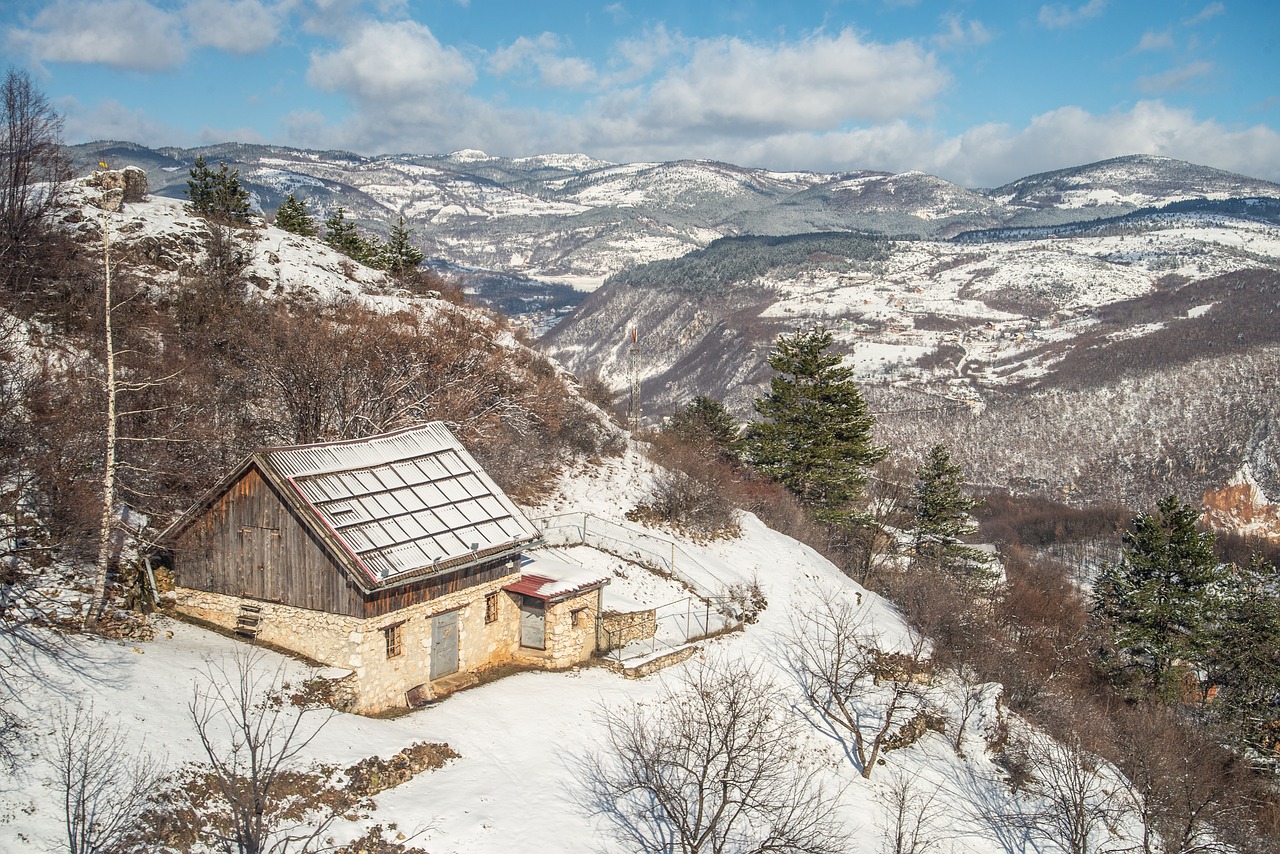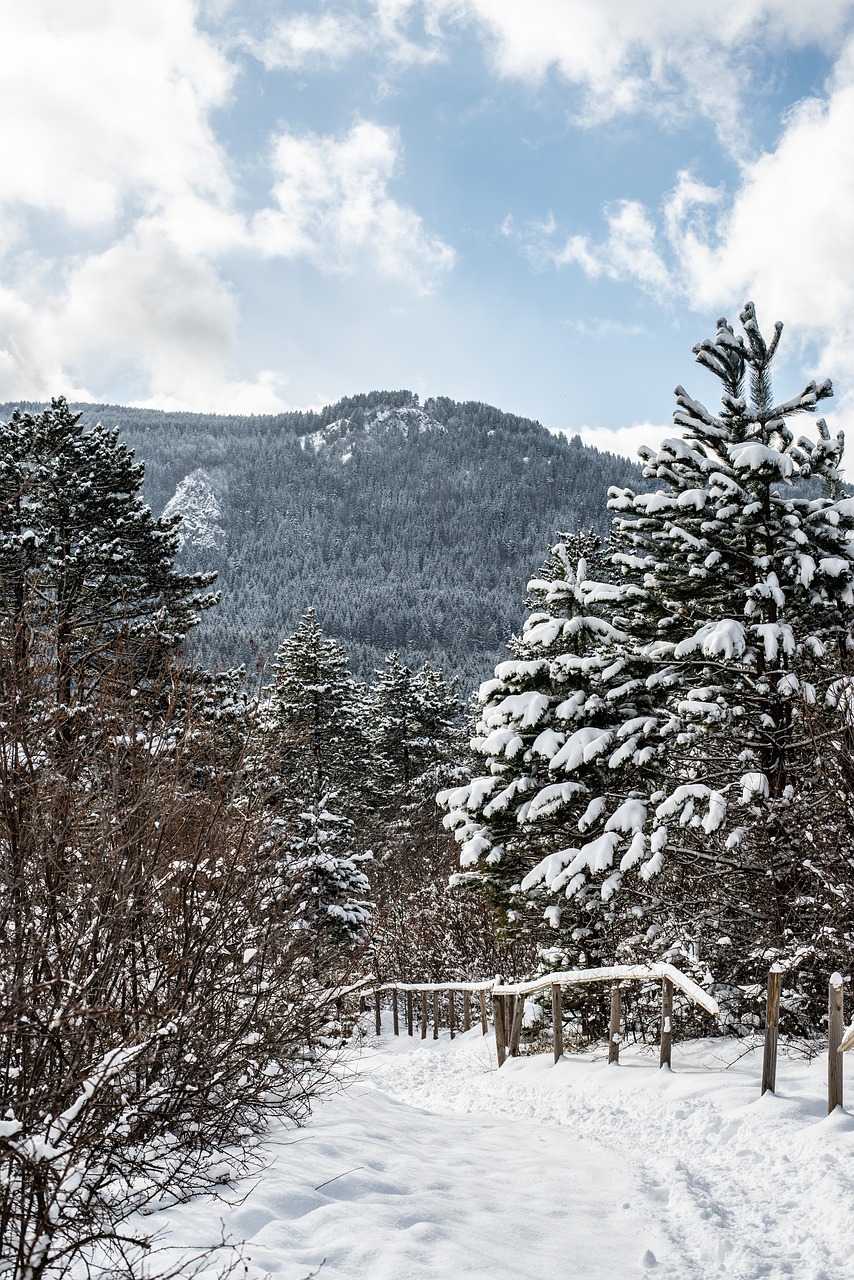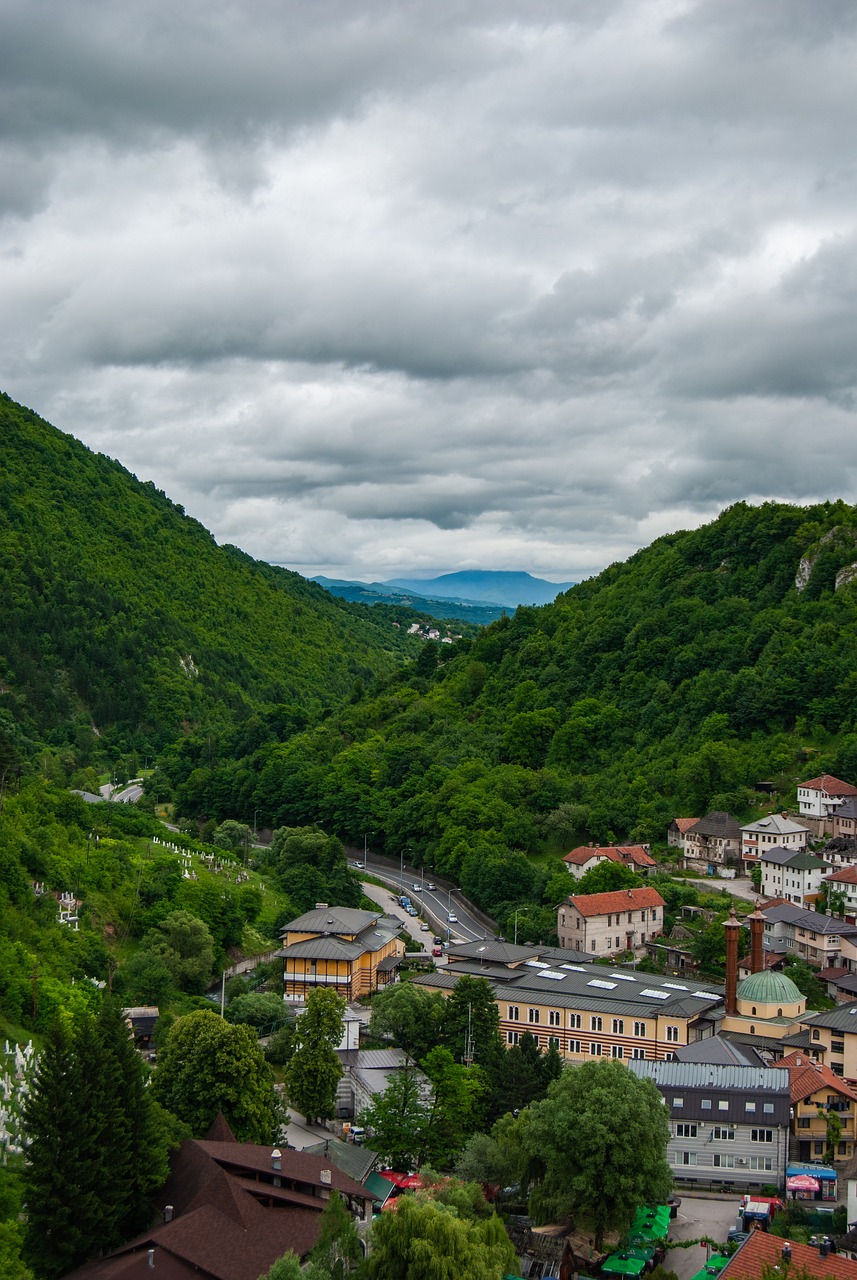Bosnia Video
Coping with Power Outages: Being Prepared in Bosnia
Introduction
Power outages can occur unexpectedly and disrupt our daily lives, causing inconvenience and potential risks. In Bosnia, power outages can be a common occurrence due to various factors such as weather conditions, infrastructure issues, or maintenance work. Being prepared for such situations is crucial to ensure the safety and comfort of individuals and families. This article will provide detailed information on how to cope with power outages in Bosnia, including essential preparations, safety measures, and alternative energy sources.
Section 1: Understanding Power Outages
Before delving into the preparations, it is essential to understand the nature of power outages. Power outages can be categorized into planned and unplanned outages. Planned outages are scheduled in advance for maintenance or infrastructure upgrades and are usually communicated by the power company. Unplanned outages, on the other hand, occur unexpectedly due to severe weather conditions, equipment failure, or accidents.
- Duration: Power outages can last from a few minutes to several hours or even days, depending on the cause and severity of the issue.
- Impact: Power outages can disrupt various aspects of daily life, including lighting, heating or cooling systems, refrigeration, communication devices, and access to essential services.
- Risk Factors: Vulnerable individuals, such as the elderly, young children, or those with medical conditions, may face additional risks during power outages, such as loss of necessary medical equipment or extreme temperatures.
Section 2: Essential Preparations
To cope with power outages effectively, it is crucial to make certain preparations in advance. By taking proactive measures, individuals and families can minimize the impact of power outages on their daily lives.
- Emergency Kit: Prepare an emergency kit that includes essential items such as flashlights, batteries, non-perishable food, bottled water, a first aid kit, a battery-powered radio, and a manual can opener.
- Backup Power: Consider investing in a backup power source, such as a generator or uninterruptible power supply (UPS), to provide temporary electricity during outages. Ensure proper installation and follow safety guidelines.
- Communication: Keep a charged mobile phone and have alternative means of communication, such as a battery-powered or hand-crank radio, to stay informed about updates and emergency notifications.
Section 3: Safety Measures
Safety should be a top priority during power outages. Following these safety measures can help prevent accidents and ensure the well-being of individuals and their households.
- Unplug Appliances: Unplug sensitive electronic devices and appliances to prevent damage from power surges when the electricity is restored.
- Use Candles Safely: If using candles for lighting, keep them away from flammable materials, never leave them unattended, and extinguish them before going to sleep.
- Food Safety: Keep refrigerator and freezer doors closed as much as possible to maintain the temperature. Perishable food should be consumed first, and when in doubt, discard any food that may have spoiled.
Bosnia Image 1:

Section 4: Alternative Lighting
Lighting is crucial during power outages, and having alternative lighting options can greatly improve safety and comfort.
- Flashlights: Keep multiple flashlights with extra batteries readily available in different areas of the house.
- Lanterns: Battery-powered or propane lanterns provide longer-lasting illumination and are safer than candles.
- Solar-Powered Lights: Consider investing in solar-powered lights or rechargeable LED lamps that can be charged during the day and used at night.
Section 5: Staying Warm
During power outages, heating systems may not function. It is essential to ensure warmth, especially during colder months.
- Blankets and Warm Clothing: Keep an adequate supply of blankets, warm clothing, and extra layers to stay warm.
- Portable Heaters: Use portable heaters with caution, following safety guidelines to prevent fire hazards. Ensure proper ventilation and never leave them unattended.
- Alternative Heat Sources: Explore alternative heat sources such as a wood-burning stove or fireplace, if available and safe to use.
Section 6: Communication and Information
Staying informed and connected during power outages can be crucial for receiving updates and assistance.
- Mobile Charging: Have a fully charged power bank or a car charger to keep your mobile devices powered for communication.
- Emergency Contacts: Keep a list of emergency contact numbers, including the local power company, emergency services, and neighbors who may be able to assist.
- Community Updates: Stay connected with local news channels, social media, or community platforms for updates and information regarding the outage and restoration progress.
Bosnia Image 2:

Section 7: Food and Water Preparation
Having a plan for food and water during power outages can help ensure an adequate supply and prevent spoilage.
- Stock Non-Perishable Food: Keep a supply of non-perishable food items that require no refrigeration and can be easily prepared.
- Bottled Water: Store enough bottled water to meet the needs of your household for several days.
- Cooking Alternatives: If possible, use alternative cooking methods such as a camping stove, grill, or a portable gas stove.
Section 8: Medical Considerations
Individuals with medical conditions or special needs should take additional precautions during power outages.
- Medication: Ensure an ample supply of necessary medications and store them properly, considering temperature requirements.
- Medical Equipment: If reliant on medical equipment, have a backup power source or alternative arrangements in place.
- Emergency Services: Register with local emergency services or medical providers to receive additional support during outages.
Section 9: Road Safety and Transportation
Power outages can affect transportation and road conditions. It is essential to take precautions while traveling during or after an outage.
- Vehicle Readiness: Keep your vehicle’s fuel tank filled to an adequate level in case of extended power outages that may affect fuel availability.
- Emergency Kit in Vehicle: Maintain an emergency kit in your vehicle containing essential items, including a flashlight, extra batteries, a first aid kit, and blankets.
- Follow Traffic Updates: Stay informed about road conditions and any traffic advisories through local news or traffic information sources.
Bosnia Image 3:

Section 10: Community Support
During power outages, communities often come together to support each other. Here are some ways to seek and offer assistance.
- Neighborhood Watch: Establish a neighborhood watch system to ensure the safety and well-being of residents during outages.
- Sharing Resources: Coordinate with neighbors to share resources, such as backup power sources, food, or water, especially for those who may be more vulnerable.
- Community Centers: Utilize community centers or designated shelters for temporary relief and access to essential services if available.
Section 11: After the Power Outage
Once the power is restored, there are certain steps to take to ensure a smooth transition back to normalcy.
- Check Appliances: Inspect appliances for any damage or issues before using them after the power is restored.
- Restock Supplies: Replenish your emergency supplies, including batteries, non-perishable food, and bottled water.
- Report Outages: If you experience a power outage that has not been resolved, report it to the local power company to ensure timely restoration.
Section 12: References
The information in this article was derived from the following sources:
- Bosnia and Herzegovina Power Distribution Company: www.elektroprivreda.ba
- National Weather Service Bosnia and Herzegovina: www.met.gov.ba
- International Red Cross and Red Crescent Societies: www.ifrc.org


